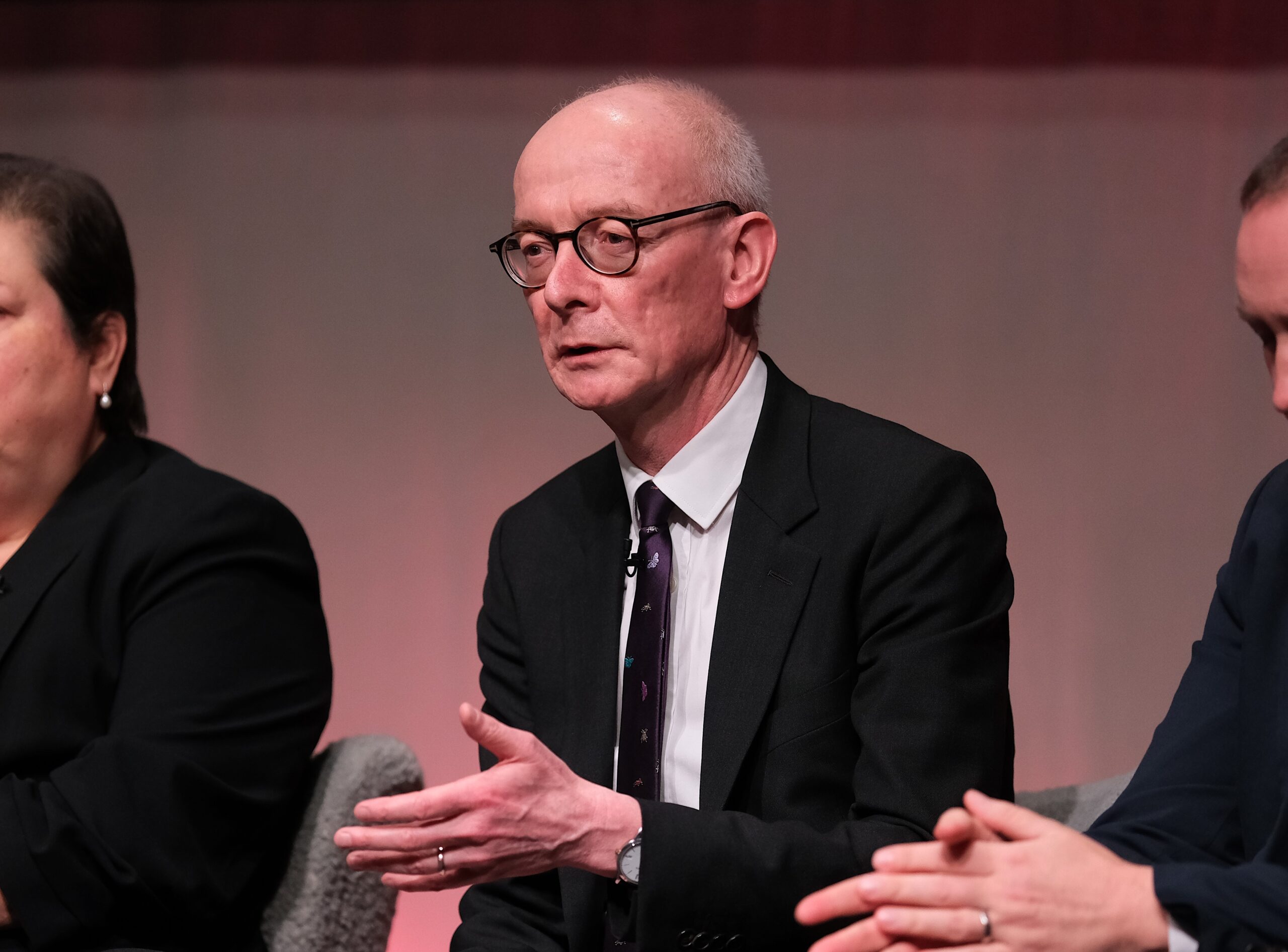“Broken, divisive and demotivating”

Only 4% of senior civil service (SCS) members believe the current reward framework is fit for purpose and more than two-thirds have seriously considered leaving the civil service in the last year, according to the findings of the latest FDA survey, conducted in December and January.
Only 8% of the 457 respondents are satisfied with overall pay arrangements, with pay progression highlighted as a particular bugbear: 92% of respondents say they are not satisfied with the pace at which they are progressing through their pay band.
One member explained: “The lack of pay rises is depressing enough, after almost a decade, but the lack of ANY progression rubs salt in the wound.”
The survey findings suggest lack of progression is leading to other problems in the pay system, with 36% of respondents saying they are paid less than people they are managing on a lower grade, and only 14% seeing a clear link between their performance and their pay.
Looking elsewhere
68% of respondents have seriously considered leaving the civil service in the last 12 months and 24% say they want to leave as soon as possible; many members cite frustration with pay as a key factor.
“Despite being promoted into the SCS and getting a top box [marking] in four of the last five years I now earn less per hour worked in real terms than I did five years ago,” explains one member. “Erosion from pension contributions, higher tax, little or no consolidated increase in pay and a far longer and costlier commute, have led to me looking outside the civil service for jobs.”
Another member comments: “The current pay and reward system is broken, divisive and demotivating. Pay is poor and my frustrations have increased to the point I have successfully found a role outside.”
The higher salaries often offered to external applicants were also a major cause of disillusionment among respondents. “I’m getting really fed up with being taken for granted,” one member explains, “and I see external advertisement after external advertisement for jobs at my grade offering a salary level which will never be a reality for me… Why wouldn’t I leave?”
The survey highlights the widespread view that pay prospects are better outside the civil service, with 92% of respondents saying they believe they are paid less than people doing similar jobs in the private sector. Yet, of those of those who want to leave the civil service, only 40% say that they wanted a private sector job.
Over to the review body
The FDA used the survey to prepare its joint submission – with civil service union Prospect – to the Senior Salary Review body (SSRB) in January. It makes the case for “fundamental reform to the SCS pay framework” and a real-terms pay increase for all members of the SCS.
The Government’s own proposals include shorter pay ranges to be determined by profession; a commitment that the bulk of SCS 1 staff will earn a minimum of £70,000 by 2020-21; and further restrictions on pay rises for promoted or transferring SCS staff. The government also wants to restrict awards for people above the proposed new pay ranges or those not classed as “high performers”.
FDA Assistant General Secretary Naomi Cooke branded the Government’s proposals an act of “political cowardice” which offered only “vague long-term commitments” instead of meaningful reform. While acknowledging there were “some positive moves on flexibility with non-consolidated awards”, it was “too little in terms or reform, and too meagre in terms of funding,” Cooke said.
She added: “Far from an evidence-led workforce pay strategy, slavish adherence to a rigid cost envelope reflects the exact same approach adopted for most of the last decade. The fact that not one more penny has been allocated means the 1% pay cap has been scrapped in name only, and our members will once again fail to see a meaningful rise in their pay.
“This grudging approach speaks volumes as to the lack of urgency and the lack of regard the Government has for its own staff.”
Related News
-

Government’s plans for civil service reform “lack substance”, says FDA
The FDA has criticised the government’s rhetoric surrounding the announcement of a series of civil service reforms – on performance-based pay, fast track exits for underperformers, and performance management – by Chancellor of the Duchy of Lancaster Pat McFadden.
-

9% pay rise for NI civil servants ‘genuine attempt to tackle pay erosion’, says FDA
The FDA is recommending to members to accept the Northern Ireland civil service pay offer for 2024/25, which represents a 9% increase over a 20-month period.
-

FDA calls for widespread reform across the civil service in New Year message to government
The FDA has shared its annual New Year message to the government, in which FDA Assistant General Secretary Lauren Crowley outlines the need for significant reform across the civil service.